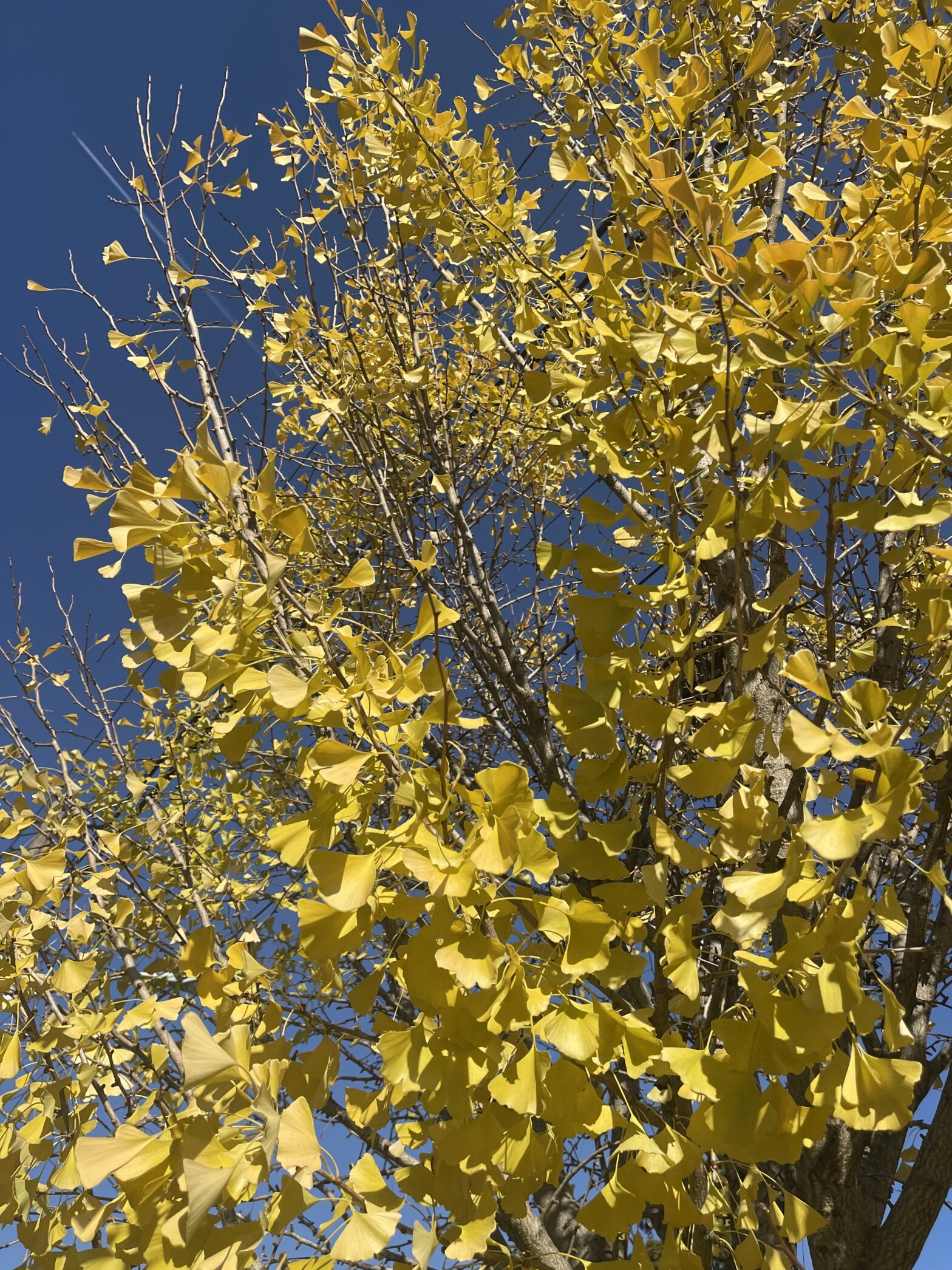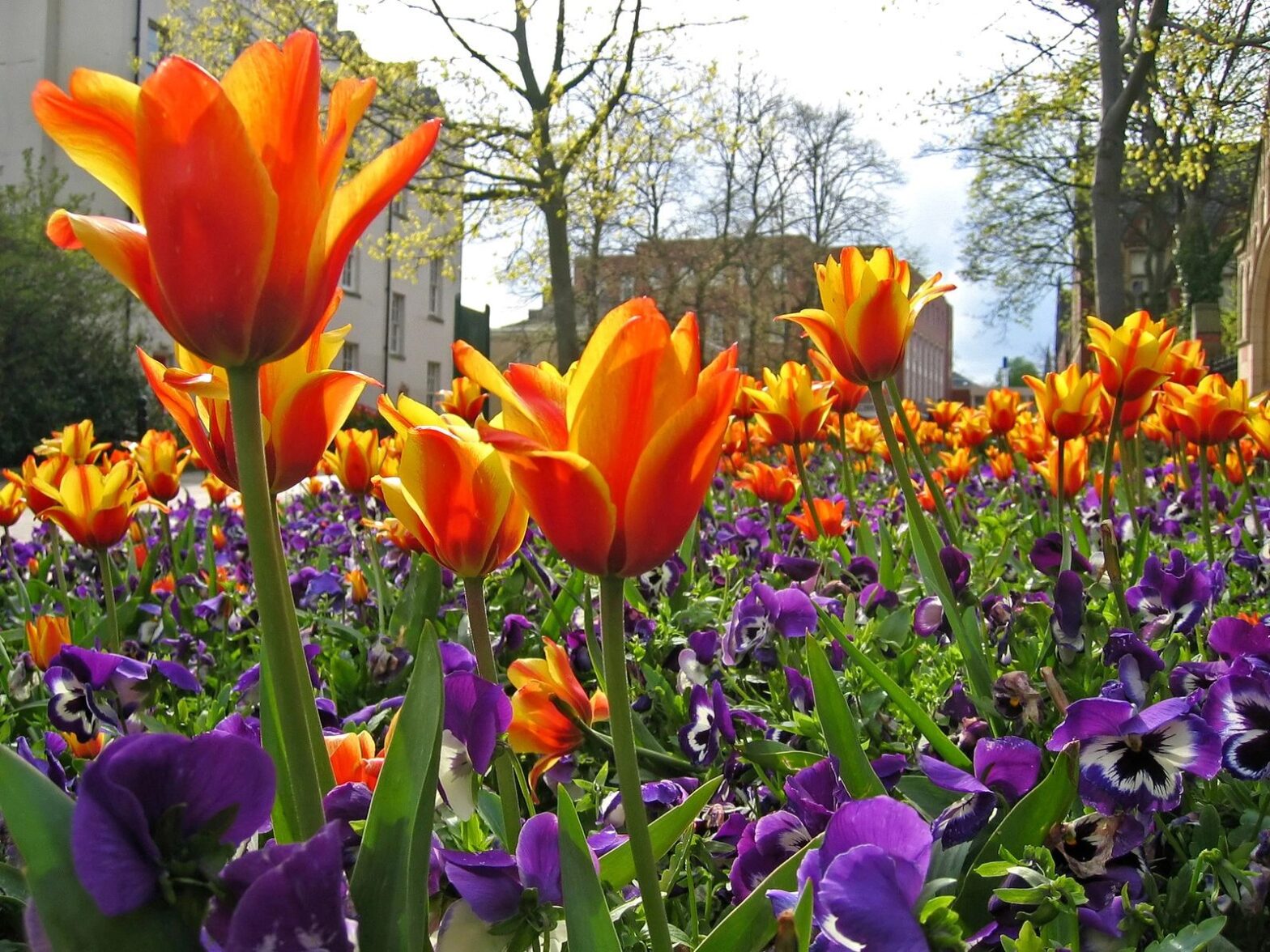Are you tired of constantly putting yourself last? Do you feel like you’re always running on empty, with no time to recharge? Well, my friend, I’ve got something that might just change your life.
I know what you’re thinking. “Yeah right, another self-help gimmick promising miracles.” Trust me, I get it. We live in a world where time is a luxury and guilt is our constant companion. But what if I told you there’s a way to find peace and fulfillment without adding more to your never-ending to-do list?
Picture this: you’re sitting in a crowded airport, surrounded by chaos and noise. Your flight is delayed, and frustration starts to bubble up inside you. But then, you notice a woman sitting across from you. She’s calm, serene even, as if she’s found a secret oasis amidst the chaos. How is that possible?
Enter the miracle of mindfulness quotes. These simple yet profound words have the power to transform your mindset and bring you back to the present moment. They remind you that it’s okay to prioritize yourself, even in the midst of a hectic schedule.
Now, I know what you’re thinking. “I don’t have time for this mindfulness mumbo jumbo.” But let me ask you this: can you afford not to make time for yourself? Can you continue to pour from an empty cup and expect to thrive?
I promise you, my friend, that by the end of this journey, you’ll have the tools to reclaim your time, your sanity, and most importantly, yourself. So, let’s dive in and discover the miracle of mindfulness quotes together. It’s time to put yourself first, guilt-free.
1. “The present moment is the only moment that truly exists.”
In the hustle and bustle of our daily lives, it’s easy to get caught up in the past or worry about the future. But the truth is, the only moment that truly exists is the present one. It’s the only moment where we can truly experience life, where we can savor the beauty and joy that surrounds us. So, why waste our precious time dwelling on what has already happened or fretting about what may come? Instead, let’s embrace the present moment, fully immersing ourselves in its richness and wonder.
Imagine this: you’re sitting in a park, the warm sun kissing your skin, the gentle breeze rustling the leaves above you. You take a deep breath, inhaling the sweet scent of flowers in bloom. In this moment, there are no deadlines to meet, no worries to weigh you down. There is only the here and now, a moment of pure bliss. By embracing the present moment, we can find solace amidst chaos, grounding ourselves in the here and now.
2. “In the midst of chaos, there is stillness.”
Life can be chaotic. It can throw us curveballs, leaving us feeling overwhelmed and lost. But amidst the chaos, there is always a stillness, a calm center that we can tap into. It’s like finding a quiet oasis in the middle of a bustling city. This stillness is not dependent on external circumstances; it resides within us, waiting to be discovered.
Think about a time when you were caught in the whirlwind of a busy day. Your mind was racing, your heart pounding, and stress seemed to consume every fiber of your being. But then, you took a moment to pause, to close your eyes and take a deep breath. In that moment, you found a sense of stillness, a sanctuary amidst the chaos. It’s a reminder that no matter how hectic life may be, we can always find a moment of peace within ourselves.
3. “Your breath is the anchor to the present moment.”
Our breath is a powerful tool, a gateway to the present moment. It’s always with us, a constant companion that we often take for granted. But when we bring our attention to our breath, we can anchor ourselves in the present moment, grounding ourselves in the here and now.
Take a deep breath in, feeling the cool air fill your lungs. And as you exhale, feel the warmth leaving your body. In this simple act of breathing, you are fully present, fully alive. Your breath becomes a guide, a reminder to come back to the present moment whenever your mind starts to wander. It’s a practice that can be done anywhere, anytime, whether you’re sitting at your desk, waiting in line, or taking a walk in nature. Your breath is always there, ready to bring you back to the present moment.
4. “The quality of your thoughts determines the quality of your life.”
Our thoughts have a profound impact on our reality. They shape our perception of the world, influencing how we feel and how we act. If we constantly dwell on negative thoughts, our lives will be filled with negativity. But if we cultivate positive thoughts, our lives will be filled with positivity.
Think about a time when you were caught in a spiral of negative thoughts. Maybe you made a mistake at work, and instead of letting it go, you kept replaying it in your mind, berating yourself for your perceived failure. How did that make you feel? Drained, defeated, and disconnected. Now, imagine if you had chosen to shift your focus to positive thoughts instead. Maybe you reminded yourself of all the things you have accomplished, all the challenges you have overcome. How would that have changed your perspective? It’s a powerful reminder that we have the ability to choose our thoughts, to shape our reality.
5. “Every interaction is an opportunity for mindfulness.”
Our interactions with others are not just fleeting moments; they are opportunities for mindfulness. When we are fully present and attentive in our interactions, we can cultivate deeper connections, fostering genuine relationships that bring warmth to our hearts.
Think about a time when you had a meaningful conversation with someone. Maybe it was a friend, a family member, or a colleague. In that moment, you were fully present, listening with an open heart, and truly connecting with the other person. How did that make you feel? Seen, heard, and understood. It’s a reminder that every interaction, no matter how small, has the potential to be transformative, to bring joy and connection into our lives.
6. “Silence is the language of the soul.”
In a world filled with noise and distractions, silence is a precious gift. It’s in the moments of silence that we can truly listen to our inner voice, to the whispers of our soul. It’s a language that transcends words, a deep knowing that resides within us.
Imagine this: you’re sitting in a quiet room, the only sound being the gentle hum of silence. In this moment, there are no distractions, no external noise to pull you away from yourself. You close your eyes and listen, truly listen, to the wisdom that resides within. It’s a moment of profound connection, a reminder that amidst the chaos of life, there is a stillness within us, waiting to be heard.
7. “Gratitude is the gateway to joy.”
Gratitude is a powerful practice that can transform our lives. When we cultivate a sense of gratitude, we shift our focus from what we lack to what we have. We become aware of the abundance that surrounds us, finding joy in the simplest of things.
Think about a time when you took a moment to appreciate the beauty of nature. Maybe it was a vibrant sunset, a blooming flower, or a gentle rain shower. In that moment, you felt a sense of awe and gratitude for the wonders of the world. It’s a reminder that joy can be found in the smallest of moments, in the everyday miracles that surround us. By cultivating gratitude, we open ourselves up to a world of joy and contentment.
8. “Embrace discomfort, for growth lies beyond your comfort zone.”
Stepping outside our comfort zones can be uncomfortable and challenging, but it’s where true growth and transformation happen. When we embrace discomfort, we open ourselves up to new possibilities, pushing the boundaries of what we thought was possible.
Think about a time when you took a leap of faith, stepping outside your comfort zone. Maybe it was starting a new job, learning a new skill, or pursuing a passion. In that moment, you felt a mix of fear and excitement, but you knew deep down that it was the right path for you. And as you embraced the discomfort, you grew, you learned, and you became a stronger version of yourself. It’s a reminder that growth lies beyond our comfort zones, and by embracing discomfort, we can unlock our full potential.
9. “Let go of what no longer serves you, and make space for what brings you joy.”
We often hold onto things that no longer serve us, whether it’s physical possessions, relationships, or beliefs. But by letting go of what no longer serves us, we create space for what truly brings us joy and fulfillment.
Think about a time when you held onto something that was weighing you down. Maybe it was a toxic friendship that drained your energy, or a job that made you miserable. Whatever it may be, take a moment to reflect on how it made you feel.
Now, imagine what it would be like to let go of that burden. Picture yourself releasing it, feeling a weight lifted off your shoulders. How does that make you feel? Lighter? Freer? Happier?
When we hold onto things that no longer serve us, we prevent ourselves from experiencing true joy and fulfillment. We become stuck in a cycle of negativity and stagnation. But by letting go, we create space for new opportunities, new relationships, and new beliefs that align with our true selves.
It’s not always easy to let go. We may fear the unknown or worry about what others will think. But remember, this is your life, and you deserve to live it in a way that brings you joy. So, take a deep breath, summon your courage, and start letting go of what no longer serves you.
Unlocking the miracle of mindfulness quotes may seem like an impossible feat for busy professionals like you. The constant juggling act of work, family, and personal obligations can leave you feeling overwhelmed, stressed, and guilty for not being able to maintain a sense of mindfulness and enjoy life to the fullest. But my friend, I want you to know that you are not alone in these feelings.
I can almost hear your thoughts racing, questioning whether this is just another empty promise in a sea of self-help advice. You may be thinking, “How can I possibly find the time to prioritize myself when there are a million other things demanding my attention?” Well, let me tell you, I understand. I understand the weight of responsibility that rests on your shoulders, and the guilt that accompanies every moment you take for yourself.
But here’s the thing: by embracing the miracle of mindfulness quotes, you are not only giving yourself permission to recharge, but you are also unlocking a world of peace, fulfillment, and joy. These simple yet profound words have the power to transform your mindset, bringing you back to the present moment and reminding you of the beauty that exists amidst the chaos.
Imagine a life where you no longer feel like a hamster on a wheel, constantly running but never truly getting anywhere. A life where you can find solace in the midst of a crowded airport, just like that serene woman you once observed. It may seem like a distant dream, but my friend, it is within your reach.
By incorporating mindfulness quotes into your daily routine, you will discover the power of presence, the art of self-care, and the beauty of embracing imperfection. You will learn to let go of the guilt that weighs you down and prioritize your own well-being without apology. And as you do, you will find that not only do you become a better version of yourself, but you also become a source of inspiration for those around you.
So, my friend, I urge you to take a leap of faith and embrace the miracle of mindfulness quotes. Give yourself permission to put yourself first, guilt-free. You deserve to live a life filled with joy, peace, and fulfillment. And as you do, I have no doubt that you will inspire others to do the same.
Now, go out there and embrace the miracle within you. Stand tall, knowing that you have the power to create a life that is truly worth living. It’s time for your standing ovation.









